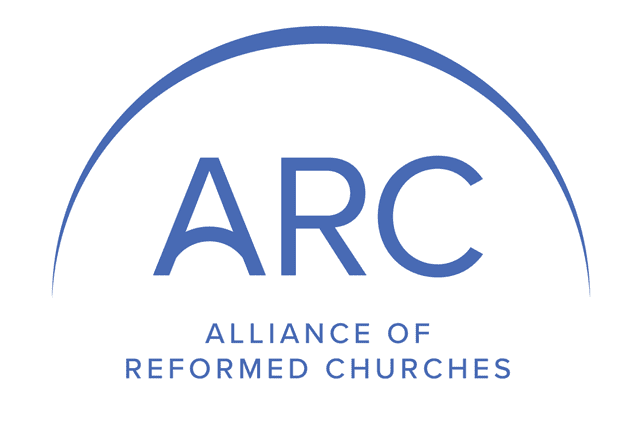A theologically and politically diverse denomination that dates to the arrival of Dutch settlers in Manhattan in the 1620s, the RCA has been debating sexuality and LGBTQ inclusion since the 1970s. In 2018, the RCA’s General Synod formed a team charged with discerning whether the RCA should stay together, restructure or separate. The team ultimately suggested a path involving all three avenues, but the meeting to vote on the team’s proposals was delayed for 16 months due to the COVID-19 pandemic.
In the interim, roughly 15 congregational, regional and strategic leaders from the RCA began meeting virtually to consider a future outside the denomination. Part of that future, they believed, involved theological unity on the interpretation of Scripture.
“We believe if the church is going to be successful in the 21st century, it needs to be powered by a more agile structure and it needs to be more theologically aligned than theologically diverse,” said Dan Ackerman, ARC’s director of organizational leadership.

Fellowship Reformed Church in Hudsonville, Michigan. Courtesy photo
Joel Baar, an ARC board member and elder at Fellowship Reformed Church in Hudsonville, Michigan, which opted to join ARC by a vote of 604-9, said that theological conformity of ARC is part of what appealed to his congregation.
“As the RCA was attempting to define and clarify marriage,” said Barr, “and efforts had been happening over the decades in that regard, there continued to be this tension within the RCA of whether or not the Bible was the full authority of God’s Word. We started feeling at Fellowship we no longer belonged within the RCA.”

Dan Ackerman. Photo courtesy of ARC
But theological differences remain even within the new denomination. While the understanding of marriage as between a man and a woman is a “top tier” theological belief, Ackerman explained, the question of women’s ordination is a “second tier issue” that local leaders can address in their own contexts.
Every five years the organization and individual congregations will assess how well they are serving one another and if they should remain partners in ministry, said Ackerman. “The word ‘alliance’ implies a choosing that happens so you can accomplish a certain thing, and then you reevaluate and say, is that alliance still helpful for the next chapter?”
ARC will replace national in-person conferences with video calls, digital messaging platforms and other forms of virtual communication to make decisions more efficiently, organizers said. Its board already meets twice a month to expedite response times.
The creation of ARC, paired with the RCA’s decisions at General Synod, has put many RCA congregations in the position of deciding whether to stay in the RCA.

Joel Baar. Photo courtesy of ARC
Baar says the decision to leave the RCA wasn’t a simple one. “My roots in the RCA are deep,” he said, saying part of his congregants’ discernment about leaving the denomination was “a grieving process.”
Faith Reformed Church in Zeeland, Michigan, also took time to discern its relationship to the RCA. For now, the congregation has decided to remain in the RCA. But staying isn’t easy either.
“We mourn some of the people who are no longer part of the denomination. There are churches we planted that will leave, there’s children we’ve raised up in the church that are pastors of churches that are leaving,” said the senior pastor, Jonathan Elgersma. “We do feel there has to be space to lament.”

